He spent 13 years at a college textbook publisher, rising to become an executive editor. But Michael Snell ’67 was bored.
It was the late ’70s, and he knew “there’s a writer sitting on every barstool in Cambridge.” But nearby Boston was bereft of literary agencies, so he decided to open one there. He relocated in 1986 to a town on Cape Cod since so much of his work was done remotely.
Over 44 years, he has shepherded more than 1,500 books to publication. Some were novels and children’s books, but his specialty is business books, including “The Oz Principle” and other bestsellers. His involvement was so extensive on some books that he merited acknowledgements and even some bylines.
Snell’s strong suit is project development, “the most important aspect of getting published,” he said. That can be as simple as copy editing or as extensive as wordsmithing. “Anybody can have a great idea, but developing that idea … takes time and patience and a lot of hard work,” he said. He requires those who query him – 50 to 100 a week – to submit lengthy proposals using his template, before he decides whether to represent them. They must provide details “on what the author is going to do – use websites, social media, speaking engagements, you name it – to sell books. Publishers like an author who can get out in front of the book and draw attention to the book. …
“The image of literary agents talking publishers into buying a novel or a nonfiction book over lunch – that’s just not the case,” he said. “It’s all done with book proposals – basically, business plans for books.”
Snell said “it’s dangerous to go to a cocktail party where people find out I’m a literary agent. … Writing a book is still a great dream for so many people, but for most people it’s not going to happen because they haven’t the wherewithal to do it.”
He tells the story of a client who heard from a reader that his 1995 book, “Finding Work Without Losing Heart,” persuaded the reader not to commit suicide.
“That epitomizes why people write books, why they should write books,” Snell said. “You write a book because you want to be rich and famous? It’s probably not going to happen. It has to be because you want to make an important contribution, whether it’s artistically or informationally, to the world.”
DePauw Magazine
Spring 2022
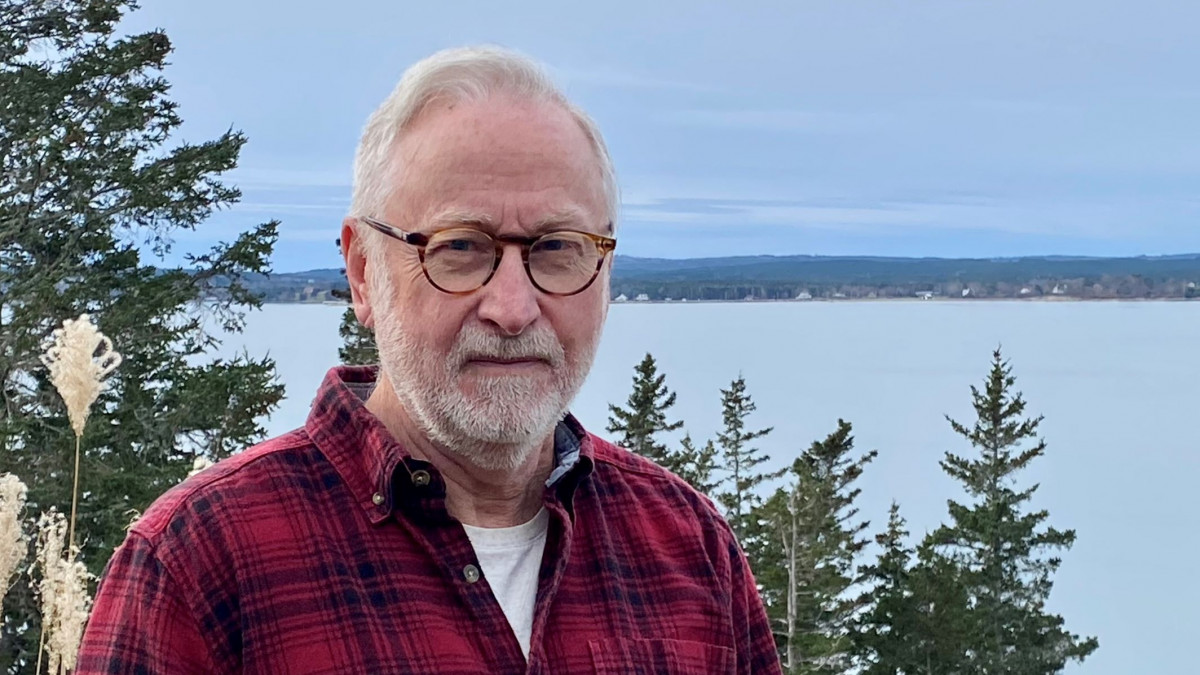 Ever-changing challenges
Ever-changing challenges New approaches
New approaches First Person by Samuel Autman
First Person by Samuel Autman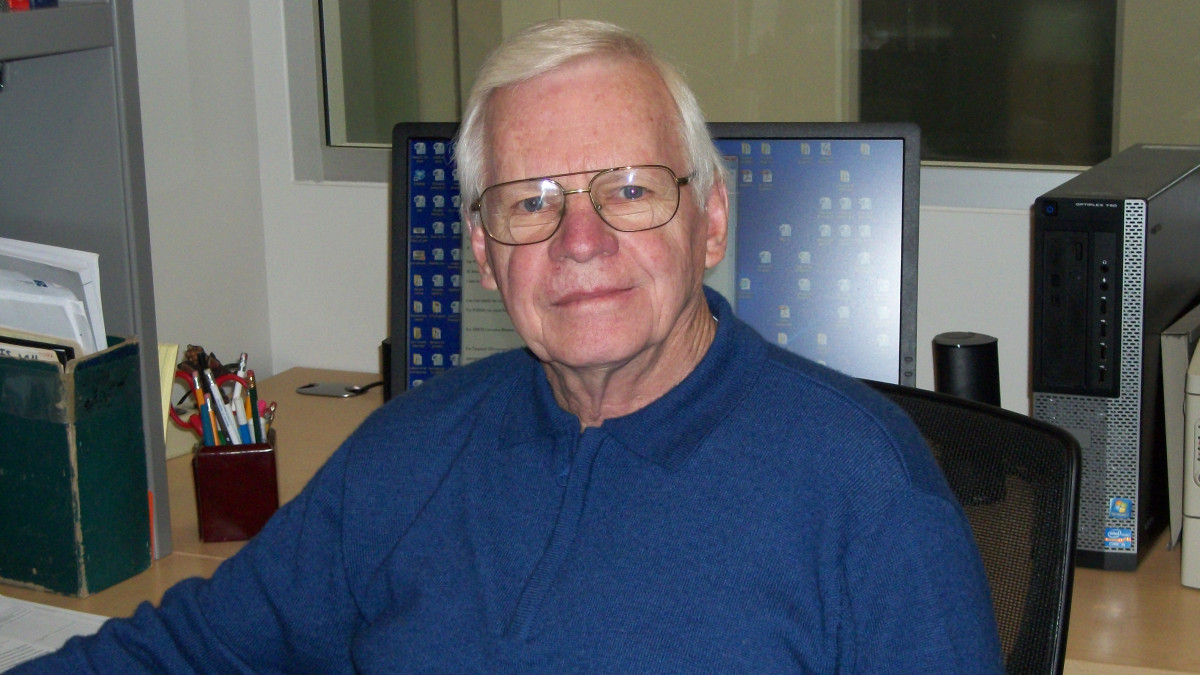 ’62 champ still swimming after all these years
’62 champ still swimming after all these years The Bo(u)lder Question by Maggie Schein
The Bo(u)lder Question by Maggie Schein Lessons in accountability
Lessons in accountability  Stories people care about
Stories people care about A watchdog
A watchdog Eye-opening experience
Eye-opening experience Ethical decision-making
Ethical decision-making A way to give back
A way to give back Confidence-builder
Confidence-builder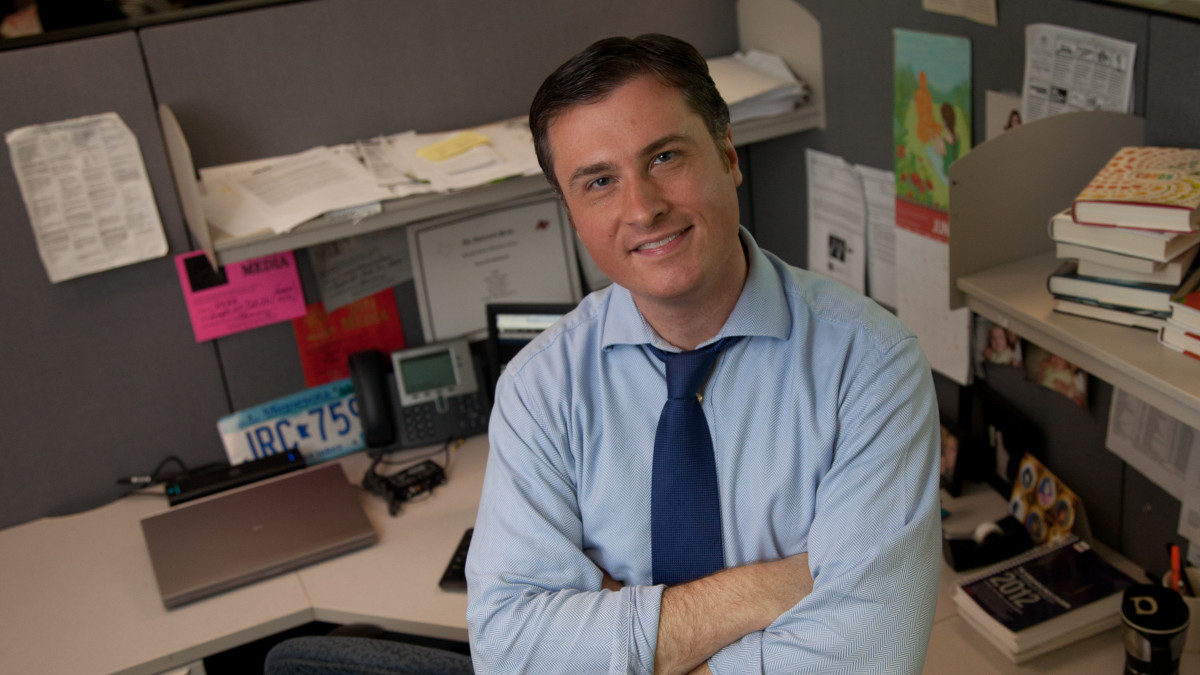 A solid foundation
A solid foundation  Collaborative spirit
Collaborative spirit A sense of identity
A sense of identity Freedom to experiment
Freedom to experiment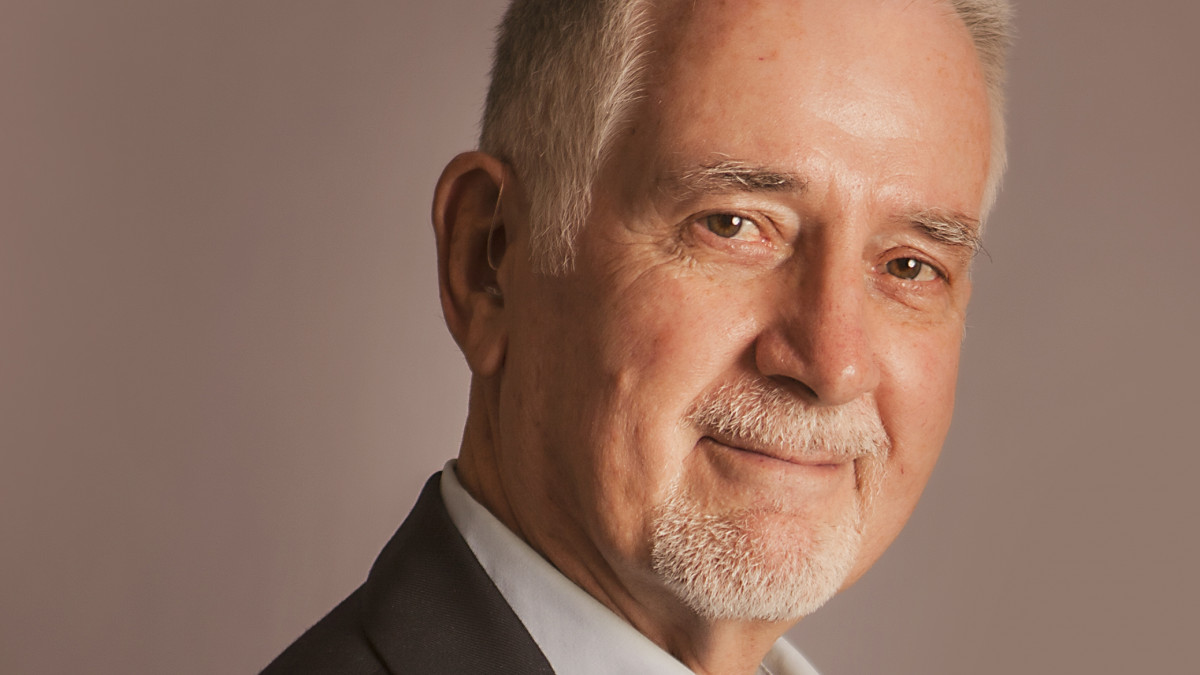 Meeting Jimmy Hoffa
Meeting Jimmy Hoffa The DePauw at 170
The DePauw at 170 The book seller
The book seller The reader
The reader The publicist
The publicist The children’s book publicist
The children’s book publicist The ad director
The ad director  The sales director
The sales director  The literary fiction editor
The literary fiction editor The nonfiction editor
The nonfiction editor The assistant editor
The assistant editor  The literary agent
The literary agent The illustration agent
The illustration agent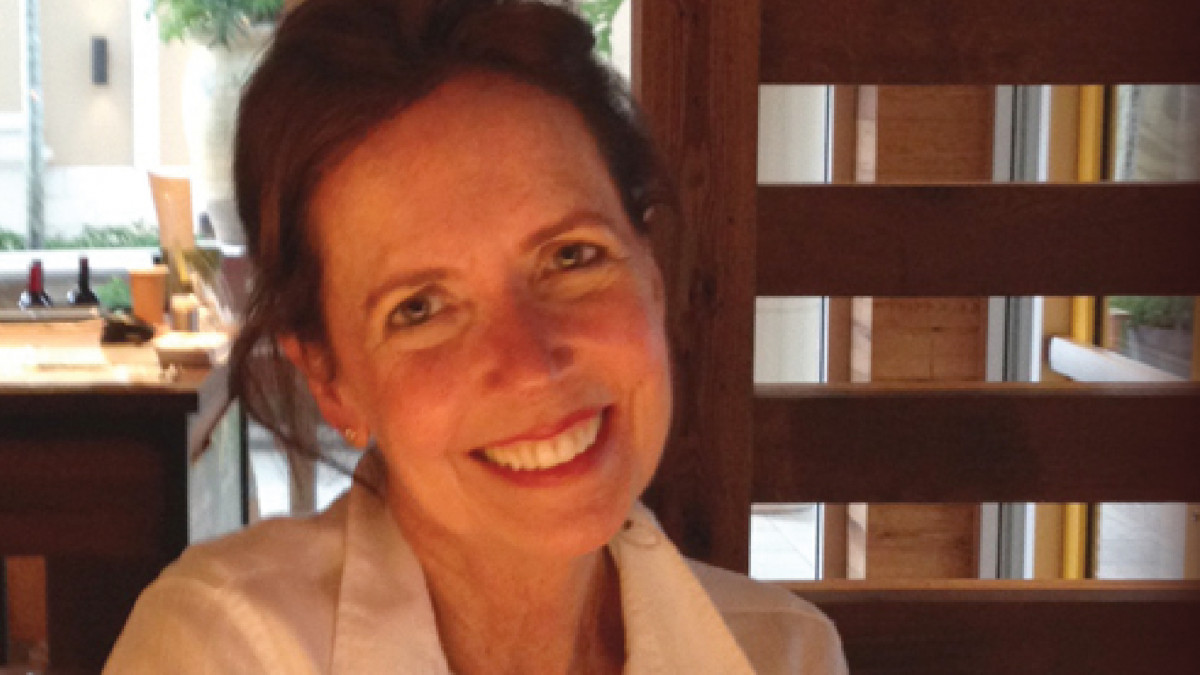 The ghostwriter
The ghostwriter The niche publisher
The niche publisher The accidental author
The accidental author The self-published author
The self-published author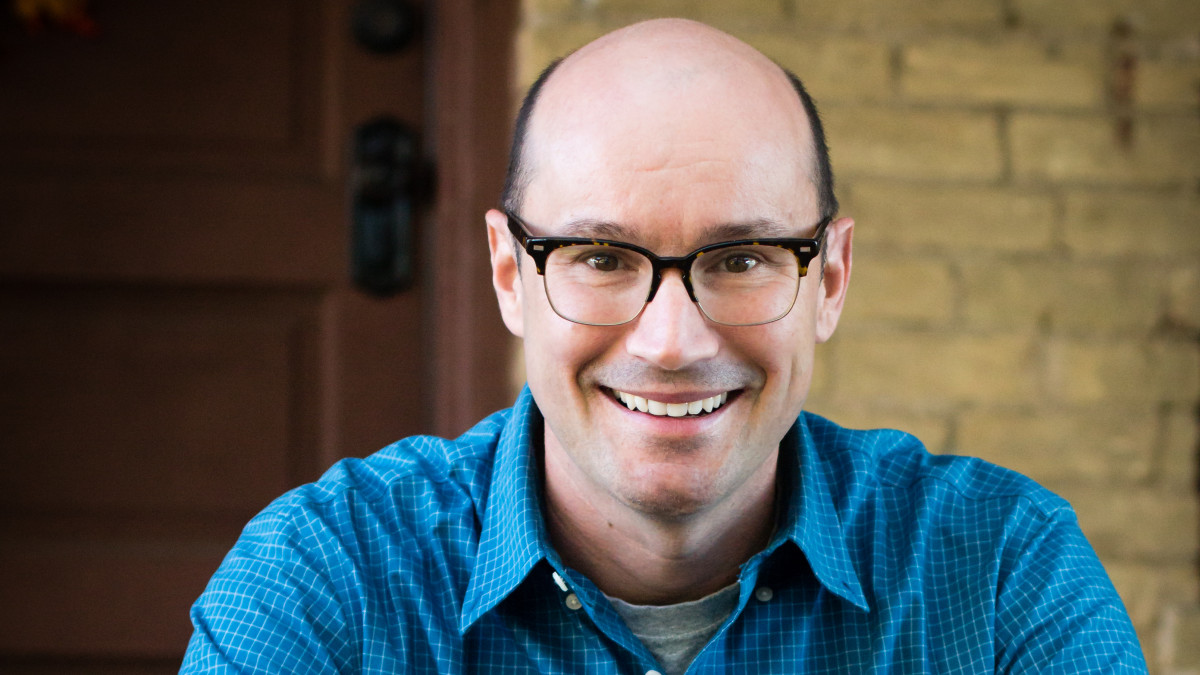 The children’s author and illustrator
The children’s author and illustrator  The bestseller
The bestseller The fiction author
The fiction author The nonfiction author
The nonfiction author From Inkling to Ink: How a book becomes a book
From Inkling to Ink: How a book becomes a book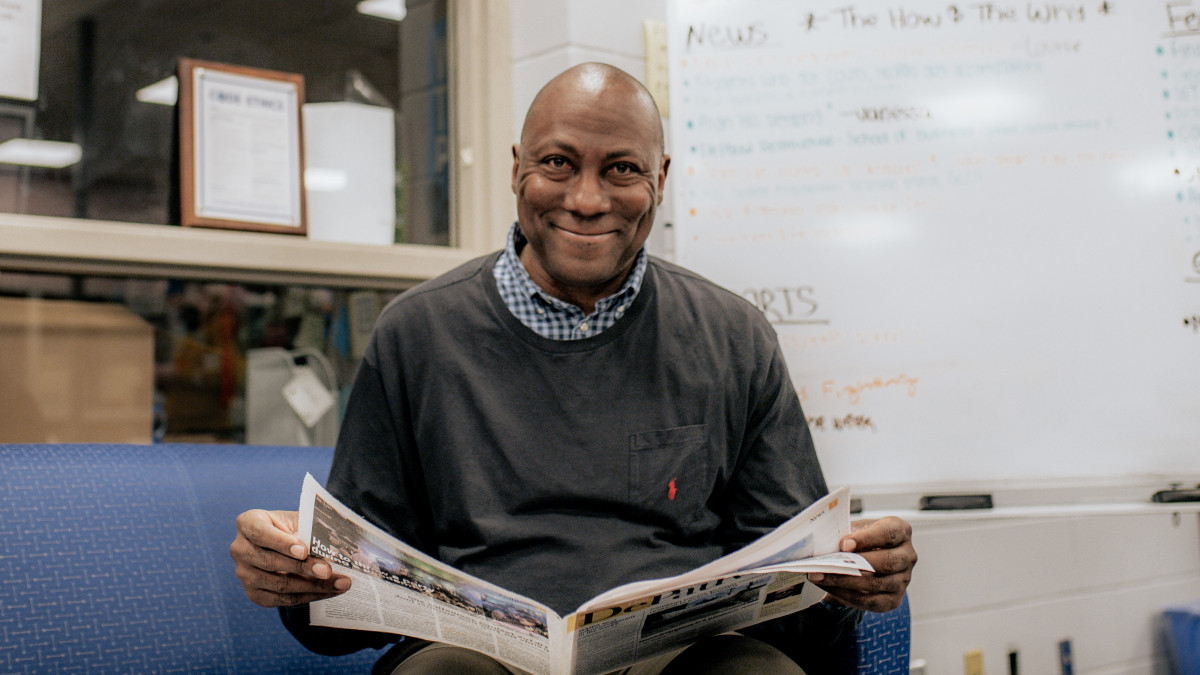 The memoirist-in-the-making
The memoirist-in-the-making DePauw Magazine - From Inkling to Ink: How a book becomes a book
DePauw Magazine - From Inkling to Ink: How a book becomes a book
DePauw Stories
A GATHERING PLACE FOR STORYTELLING ABOUT DEPAUW UNIVERSITY
Browse other stories
-
Athletics
-
Football - 336 Students Named to 2025 Spring Tiger Pride Honor Roll
-
Football - DePauw-Record 190 Student-Athletes Named to NCAC's Dr. Gordon Collins Scholar-Athlete Honor Roll
-
Football - DePauw Unveils 2025 Athletics Hall of Fame Class
More Athletics
-
-
News
-
Alumni News Roundup - June 6, 2025
-
Transition and Transformation: Inside the First-Year Experience
-
Alumni News Roundup - May 21, 2025
More News
-
-
People & Profiles
-
11 alums make list of influential Hoosiers
-
DePauw welcomes Dr. Manal Shalaby as Fulbright Scholar-in-Residence
-
DePauw Names New Vice President for Communications and Strategy and Chief of Staff
More People & Profiles
-
-
Have a story idea?
Whether we are writing about the intellectual challenge of our classrooms, a campus life that builds leadership, incredible faculty achievements or the seemingly endless stories of alumni success, we think DePauw has some fun stories to tell.
-
Communications & Marketing
101 E. Seminary St.
Greencastle, IN, 46135-0037
communicate@depauw.eduNews and Media
-
News media: For help with a story, contact:
Bob Weaver, Senior Director of Communications.
bobweaver@depauw.edu.